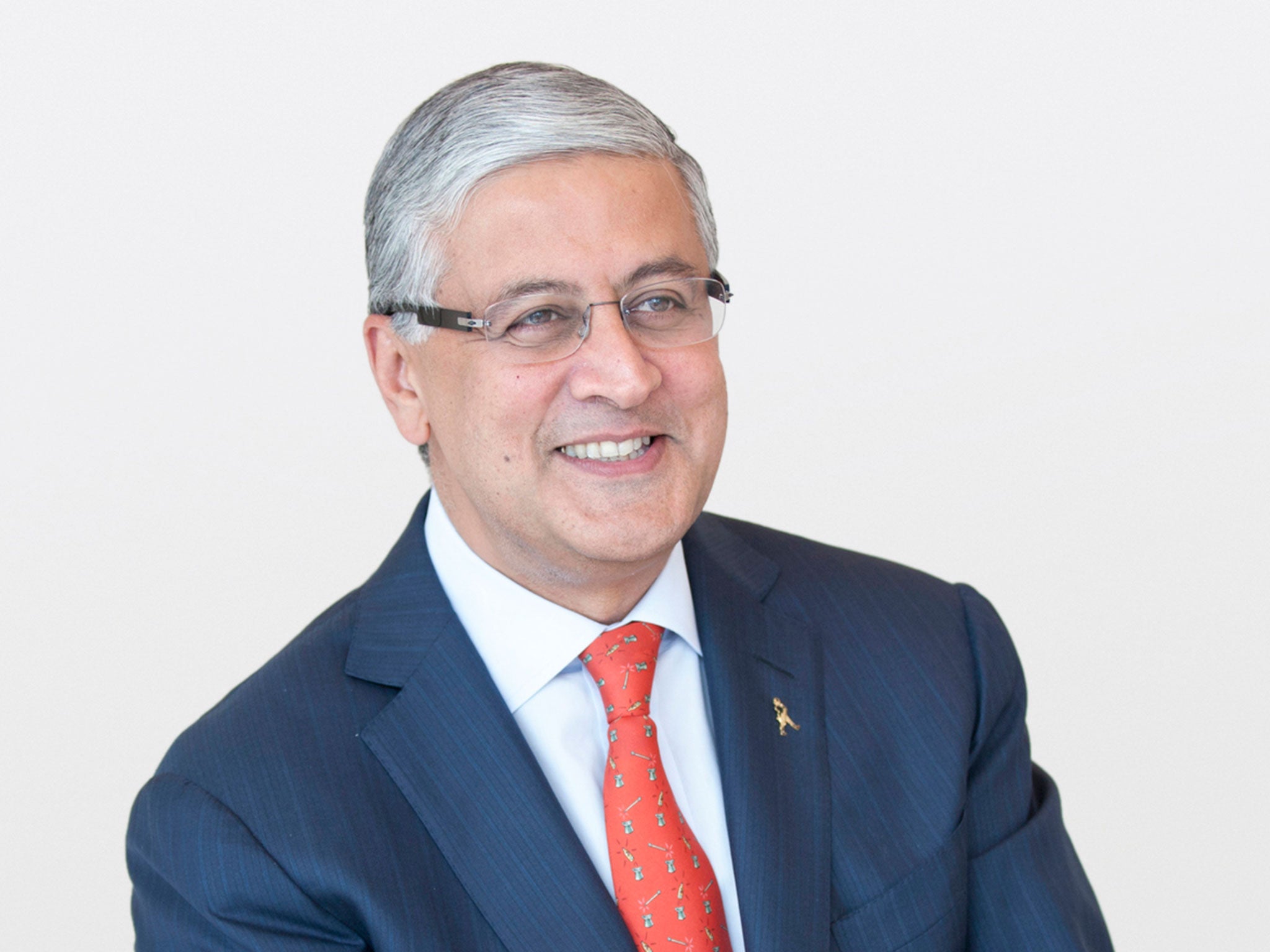CEO pay: Diageo boss can make up to 1000% of his £1.2m salary. So why no fuss?
Ivan Menezes' package, and the apparent lack of opposition to it, shows why the Government's reforms to CEO pay are a sham

Diageo CEO Ivan Menezes can surely afford to toast himself with something very much more rarefied than the best selling Johnnie Walker blended Scotch, that is one of the drinks giant’s more famous brands.
The maximum value of his long term incentive awards granted during the year ending June 2017 amounts to 750 per cent of his basic salary, which comes in at a shade above £1.2m.
Based on performance metrics that Pirc, which advises City institutions on how to vote at corporate AGMS, describes as ‘inadquate’, he could make as much as £9.2m at the end of the three year plan.
That sum will, remember, be on top of his regular annual bonus. It came in at £1.7m for the year in question.
Oh and there’s an outsized pension contribution of more than £400,000 to consider too, which the group’s new remuneration policy will clip by a bit, but not by anything like as much as Pirc thinks is appropriate.
Now, here’s why I’m making a fuss about Diageo.
Pirc has said its clients should abstain on Diageo's advisory remuneration report, which is itself slightly surprising given the numbers and its status as the tough guy of the voting advisory world.
Instead, it thinks they should concentrate their fire on the remuneration policy, on which investors have a binding vote this year. Pirc points out that when all Mr Menezes’ incentives are rolled up, he can make a staggering 1075 per cent of his basic under that policy, which is extreme even in a CEO pay land that long ago lost all sense of proportion.
Trouble is, while Pirc can make recommendations to the big pension funds, and asset managers, that subscribe to its service, they don't have to follow them.
Mr Menezes package might look excessive, even by the standards of Britain's fat cat CEOs, but it has hardly become a cause celebre. The total he racked up during the last reporting year was actually down by about three quarters of a million pounds when compared to the previous year, for example.
City institutions, which steward our money remember, rarely make much fuss about pay at the companies in which they invest unless lots of people are make a lot of noise. It is unlikely that Pirc, and now me, will be sufficient to prevent Diageo's policy from passing with ease.
Which brings us to the Government’s much vaunted corporate governance reforms, described as "world leading" by its spin doctors, and as a damp squib by me, following their recent announcement.
They will see a register kept of companies that have their pay reports rejected by more than 20 per cent of their shareholders. I’d be willing to bet that Diageo won’t have to worry about that.
They will also require companies to publish ratios of their CEO's pay compared to that of their average worker. Pirc estimates Diageo's at 68 times, which it describes as “inappropriate”. No kidding.
While forcing companies to publish an official ratio, in theory, links the boss’s pay to that of their staff, it’s still by no means clear that this measure will do much to alter corporate behaviour.
But is it corporate behaviour that ministers should have focussed on in the first place? Wouldn't it have been better to concentrate their fire on the people who are supposed to police it, but don't?
The package handed to Mr Menezes makes no sense. There is no evidence that such awards have any influence on companies’ long term value.
But because big investors so rarely kick up a fuss, despite it being in the interests of their clients to do so, the likes of Mr Menezes have little to worry about.
As for the Government’s weakie reforms? Ministers are firing blanks at the wrong target.
Join our commenting forum
Join thought-provoking conversations, follow other Independent readers and see their replies
Comments
Bookmark popover
Removed from bookmarks